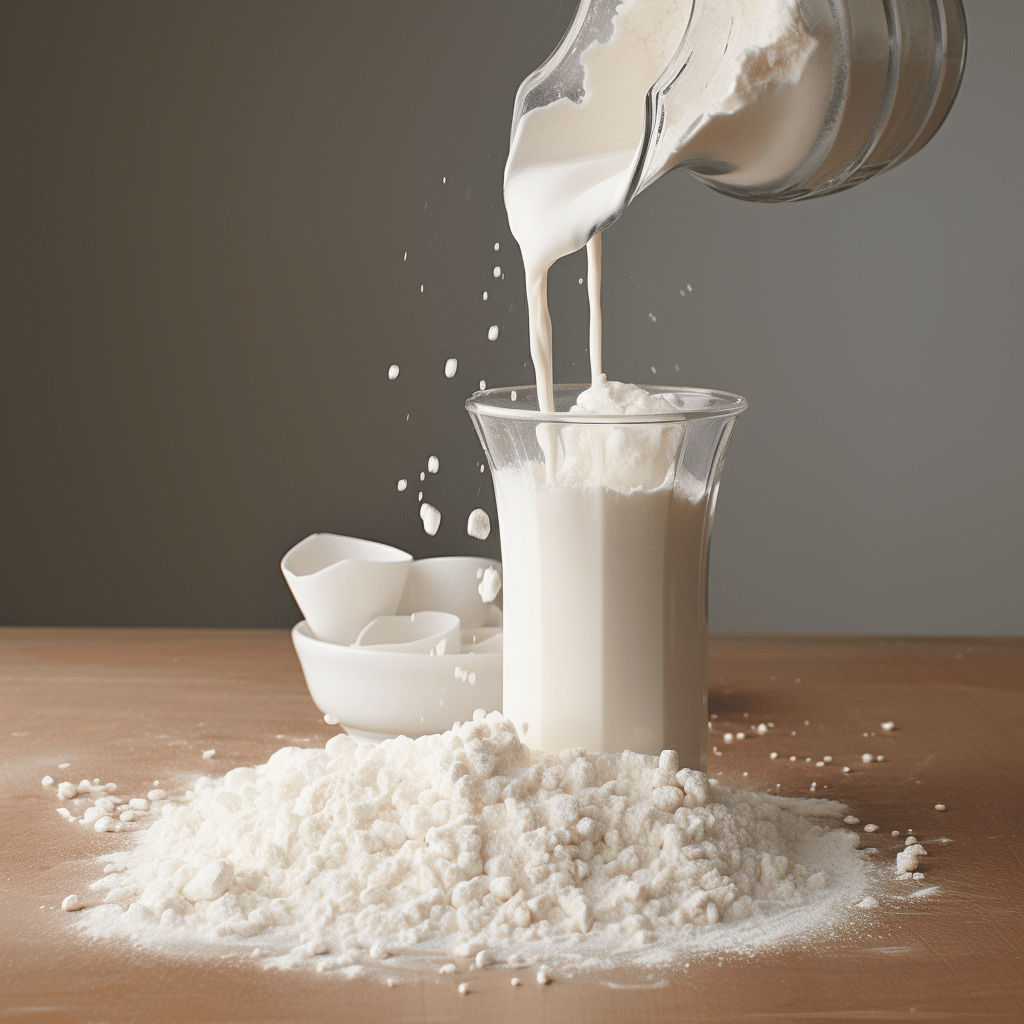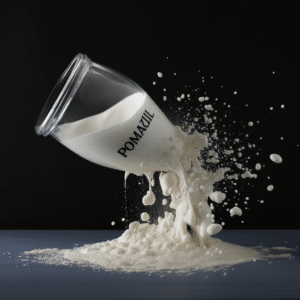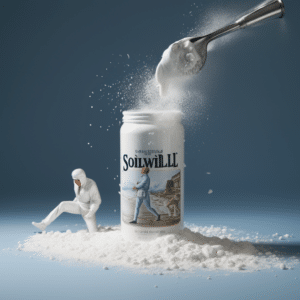
Signs of Spoiled Powdered Formula Milk: Recognizing Freshness
Powdered formula, like any other food item, usually goes bad. If stored properly, it could last some few months past sell by date without opening. However, when stored in the wrong condition, your milk is likely to get spoiled faster. Using bad milk can cause food poisoning at worse, it could turn fatal. In this article, we look at indicators of spoilt formula milk.

How To Tell If Powdered Formula Is Bad
Expiry Date
The first red flag should be the best before the date. An unopened can last for a few months past the best before the date when stored in a cool, dry place. When opened, it could last for one month and 2 hours when prepared and stored at room temperature. A mixed formula can last for 24 hours in the refrigerator.
30 Days After Opening
Powdered formula milk loses its nutrient value 30 days after opening. One month after opening the powdered formula, the nutritional value and vitamins in the powder will be inactive and will not be helpful to your child. To avoid wastage, get milk in small or medium cans that your child can consume within 30 days. Diverse brands have a differing shelf life, but the bottom line is that formula milk loses its nutritional value with time after opening. Organic formulas may expire faster than other brands.
Color
If you notice a change in the color of your formula powdered milk, it could be an indication that your milk is spoiled. If it turns grayish, brownish, yellow, or blackish, the formula milk is not fit for consumption.
Odor
When powdered formula milk starts producing a foul smell, it is time to discard it. If it has a pungent odor, the milk is unfit for your child’s consumption. However, most people find it hard to distinguish the usual smell from the pungent smell as formula milk has a strong odor. The fresh formula has a metallic, fishy, or cheesy smell dependent on the ingredients. If fish supplements are added, they will have a fishy smell. Minerals such as iron give it a metallic smell, and lactose-free formulas give it a cheesy smell.
Molds And Clumping
When you realize your formula milk has developed molds, the formula is no longer safe for consumption. Spoiled formulas could also have lumps and other cases, tiny insects.
Separations Of Ingredients
When you see your powdered milk separating, and ingredients look like they are falling apart, it is an indication that it is spoiled. The formula should hold together but not be lumpy.
Taste
Powdered formula milk that has gone bad has an awful taste. Before feeding your baby, taste the formula. The baby may also seem to resist the milk.
The Baby Refuses The Milk
Babies don’t know how to fake feelings. If you find the baby does not want to take his formula milk, it might be bad. It could have the usual smell, color, and texture but when the baby refuses, read the cues.
How To Store Powdered formula Milk
Powdered formula milk should be stored in a cool, dry place, away from sunlight. It should be in an airtight container. You should also avoid storing it close to foods with strong smells to prevent it from acquiring a strange smell. After opening, ensure you clean your hands before handling the milk to avoid contamination. Use a clean item to scoop off the powdered formula. It does not need refrigerating or freezing. Nevertheless, after preparation, use the milk within two hours if stored at room temperature and 24 hours if refrigerated. You could also freeze for four weeks. After thawing the milk, avoid refreezing and heating once.
How To Reheat Formula Milk
A baby’s formula milk should be served lukewarm. After removing the formula from the fridge, heat water in a saucepan, and when hot, remove the pan from the fire and place the milk bottle in the hot water. Ensure that you are using a bottle made of safe material. You could use electric bottle heaters, though it is a more expensive option. Avoid microwaving refrigerated formula milk. You should also avoid heating directly in the saucepan.
Effects Of Bad Milk On You Baby
If your baby accidentally drinks spoiled formula milk, they could suffer from food poisoning. Signs of food poisoning in a baby include; diarrhea, vomiting, dry eyes, sunken fontanelles, abdominal discomfort, fever, dry mouth, and general malaise. In the worst-case scenario, the baby could convulse. If you notice these signs after feeding your baby, consult your pediatrician.
How To Hygienically Prepare Powdered Formula
- The first step is to confirm the expiry date. If the milk is past the expiry date or is 30 days since opening, do not feed your baby on it.
- If the milk is okay, wash your hands before touching any utensils.
- Sterilize or wash your bottle, cups, rings, and nipples. For a regular wash, use warm soapy water and a brush that can clean every nook and crook properly. To sterilize the bottle and the accessories, boil them in water for 5 minutes. You could also microwave using a steam sterilizer bag or an electric steam sterilizer.
- Put the recommended amount of powdered formula in the bottle and add water. Shake the mixture well until you achieve a consistent texture.
- Warm the formula if need be.
- Store excess formula milk.

Safe Baby Feeding Bottles
There are four types of baby bottles; glass, plastic with glass, plastic, and plastic with disposable liners. Baby bottles with symbols #1, #2, #4, and #5, are BPA-free and safe for baby use. A bottle with # 7 or the inscription PC, contains BPA and is not safe for use.
In conclusion, you can tell if your powdered formula milk is spoiled if it has an odor, has molds and lumps, is past its expiry date, or is more than 30 days after opening.